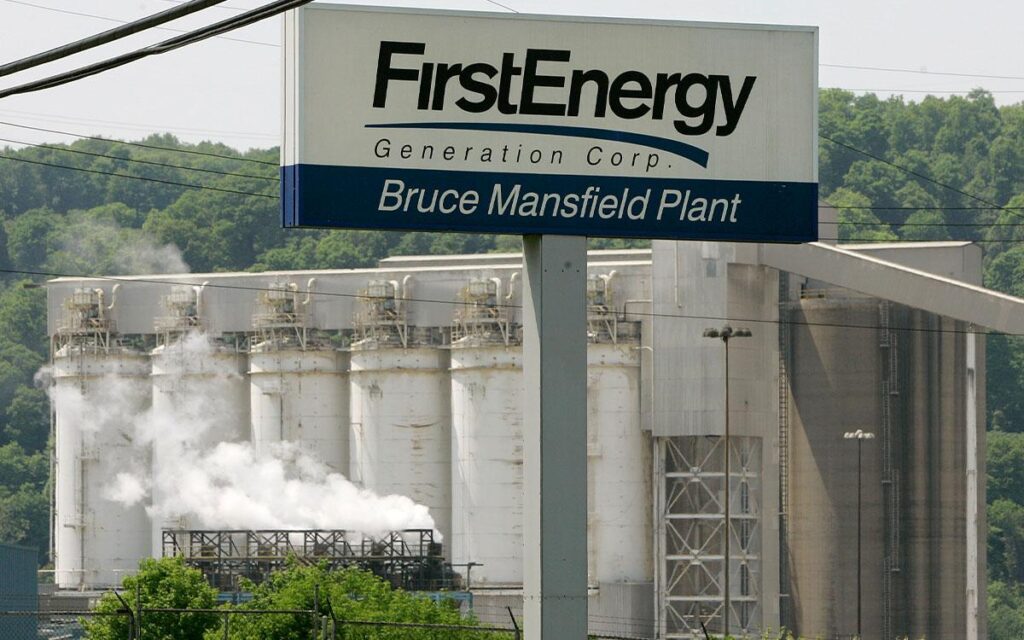The Sierra Club’s “Dirty Truth” report found that most aren’t taking action on their climate goals

Ohio has become the center of a major corruption scandal in the energy sector. FirstEnergy, an Akron-based utility giant, lobbied for a state bailout to support its failing coal and nuclear plants. In 2019, the company funneled $60 million in campaign donations to aid the passage of House Bill 6, which weakened renewable energy standards and granted up to $1 billion in subsidies to FirstEnergy, burdening ratepayers.
After settling with Ohio, FirstEnergy still faces the fallout of the scandal, including rising utility bills. Despite promoting a net-zero emissions goal by 2050 and offering electric vehicle rebates, its West Virginia utility, Mon Power, has no plans to close its 3,200 MW coal plants.
“There is a fundamental mistrust there,” said Neil Waggoner, Midwest Beyond Coal campaign manager, highlighting similar issues in Illinois and Florida.
FirstEnergy is one of many companies included in the Sierra Club’s The Dirty Truth report. This annual analysis examines whether major utilities are aligning their net-zero emissions goals with actions like retiring coal by 2030, halting new gas plants by 2035, and expanding renewable energy by 2035.
This year’s report awarded these utilities a collective D for clean energy progress. Both Mon Power and FirstEnergy scored an F, while only six companies received an A. Overall, the utilities are set to replace only half of their fossil fuel generation with clean energy by 2035, despite the Biden administration’s target of 100% renewable energy by that year.
While scores have improved since 2021, lead analyst Cara Fogler noted that utilities should be performing better. The report’s “generous” rating system was designed to encourage progress, yet improvements have been slow.
The Inflation Reduction Act, a $370 billion climate policy passed in 2022, aimed to aid utilities in reducing clean energy costs. Yet, not all utilities are leveraging these funds. Some, like Florida Power and Light (FPL), which scored a B, plan to refund customers due to savings from the Act.
However, many utilities have not announced plans to use IRA funding, costing customers opportunities for cheaper clean energy, as noted by analyst Noah Ver Beek.
Investing in renewables isn’t the sole solution; reducing fossil fuel use is equally crucial. Duke Energy Florida plans to refund customers but has no intention of retiring its coal capacity or halting new gas plant construction, earning it an F.
The U.S. and other world leaders pledged to close coal plants by the early 2030s, a critical target for limiting global warming. Utilities lagging in coal retirements can’t be high performers, according to Fogler.
The Dirty Truth report highlighted promising policies from top utilities. More lower-scoring utilities are setting climate goals, while higher scorers are utilizing IRA incentives.
“We aim to push utilities to lead in planning and fully replace retiring coal with clean energy,” Fogler stated.
Original Story at www.sierraclub.org
